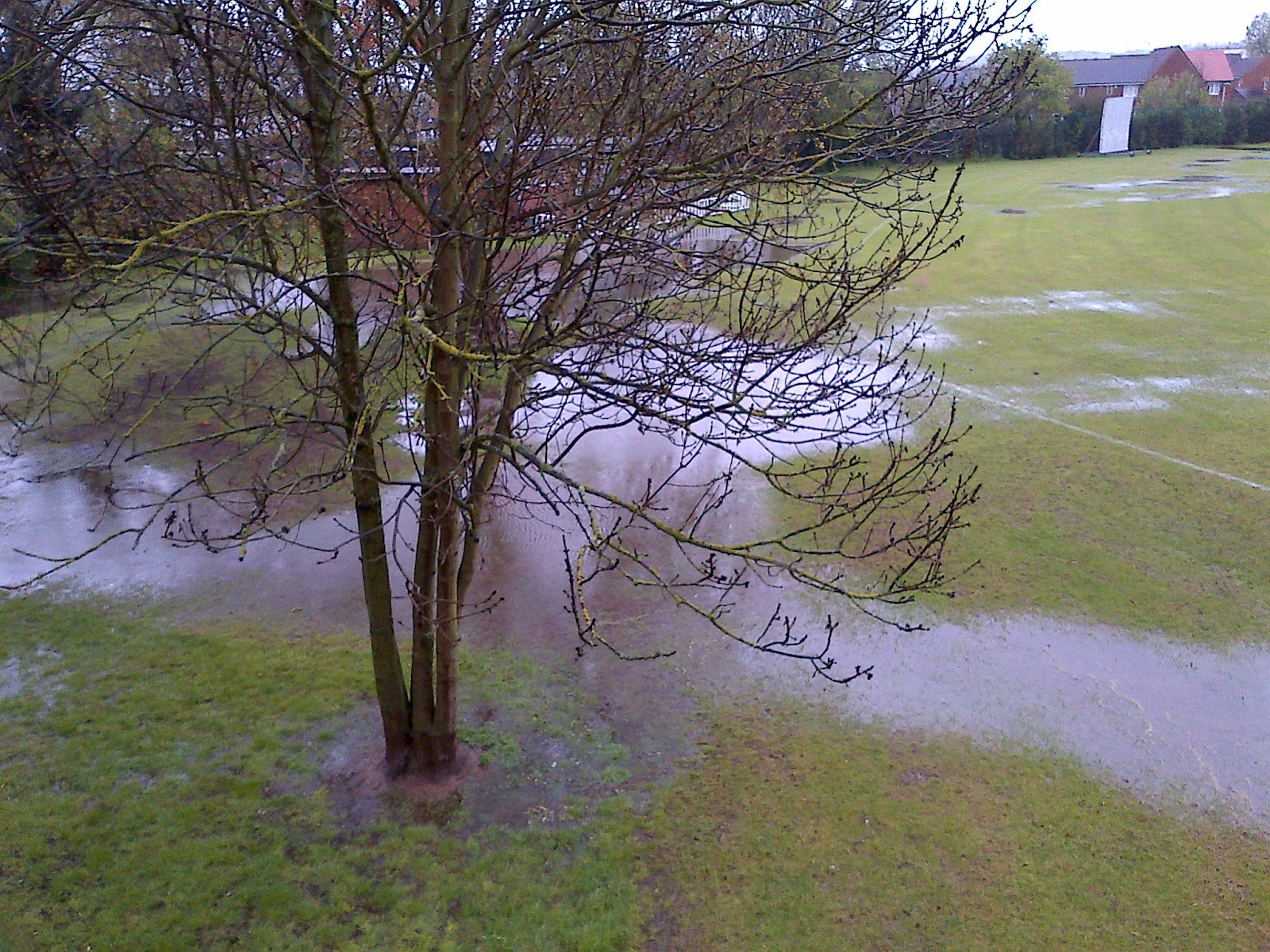Duffy33
New Member
Being new to the sport, I was wondering how the best way batters communicate to each other, and how to be a smart runner?
I was a pretty smart baserunner in baseball... but that reliance was primarily on my own speed and ability to watch the play, secondarily on the base coaches being able to see the play and give loud clear instructions...
Any advice, tips, and help would be appreciated...
Thanks
I was a pretty smart baserunner in baseball... but that reliance was primarily on my own speed and ability to watch the play, secondarily on the base coaches being able to see the play and give loud clear instructions...
Any advice, tips, and help would be appreciated...
Thanks

